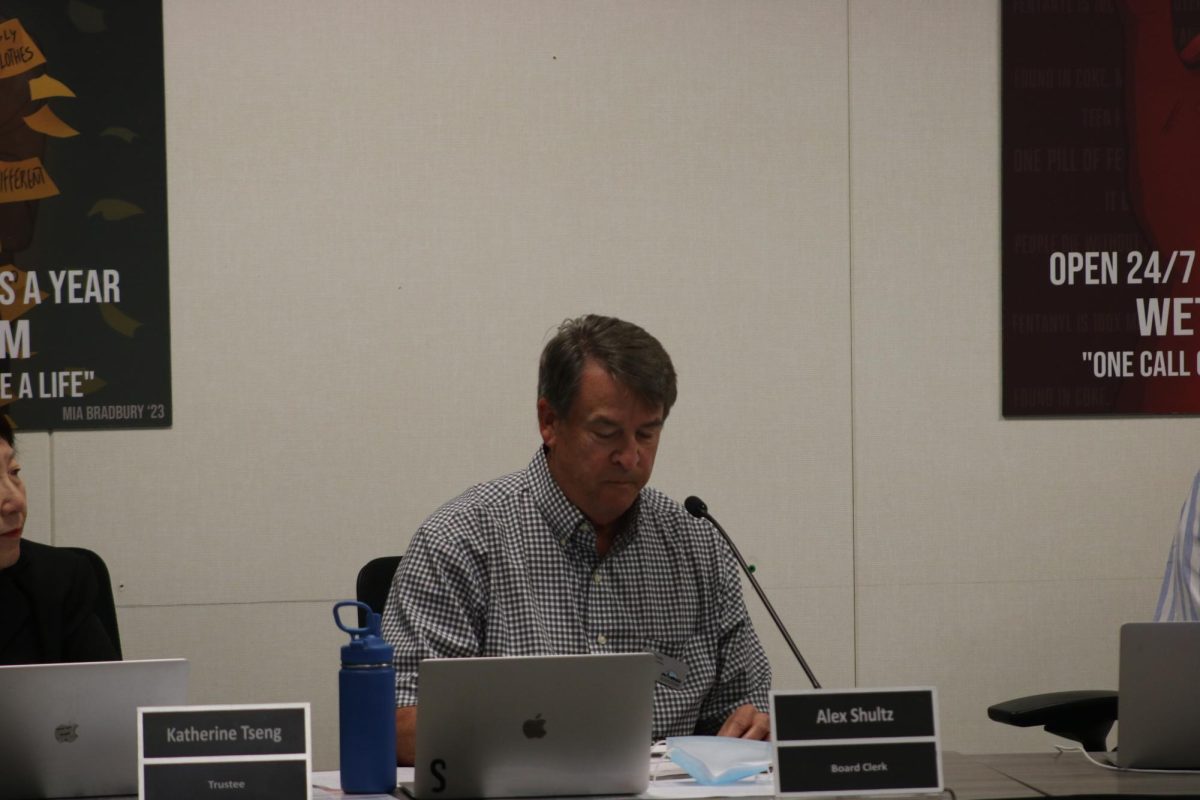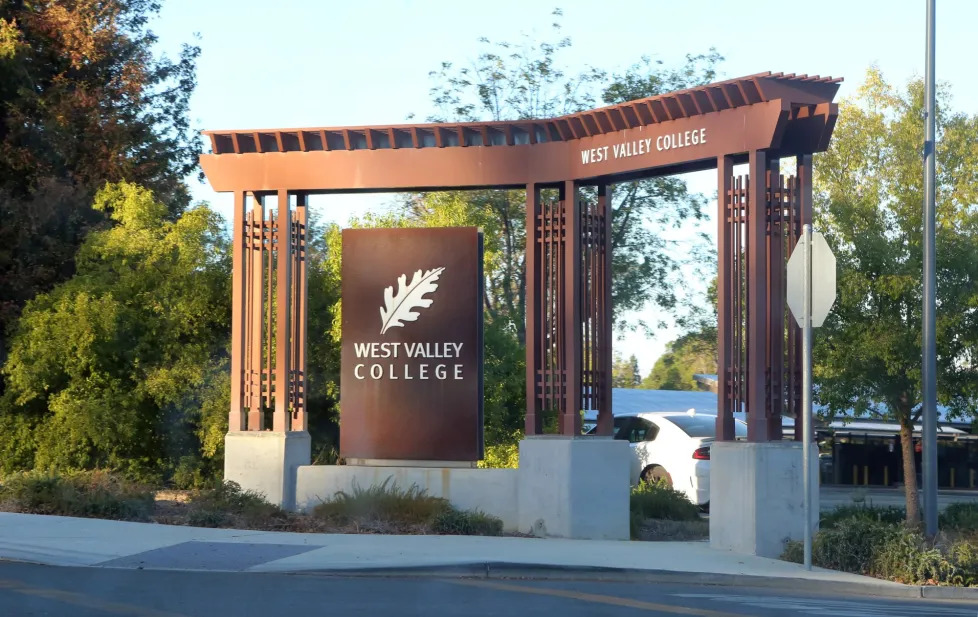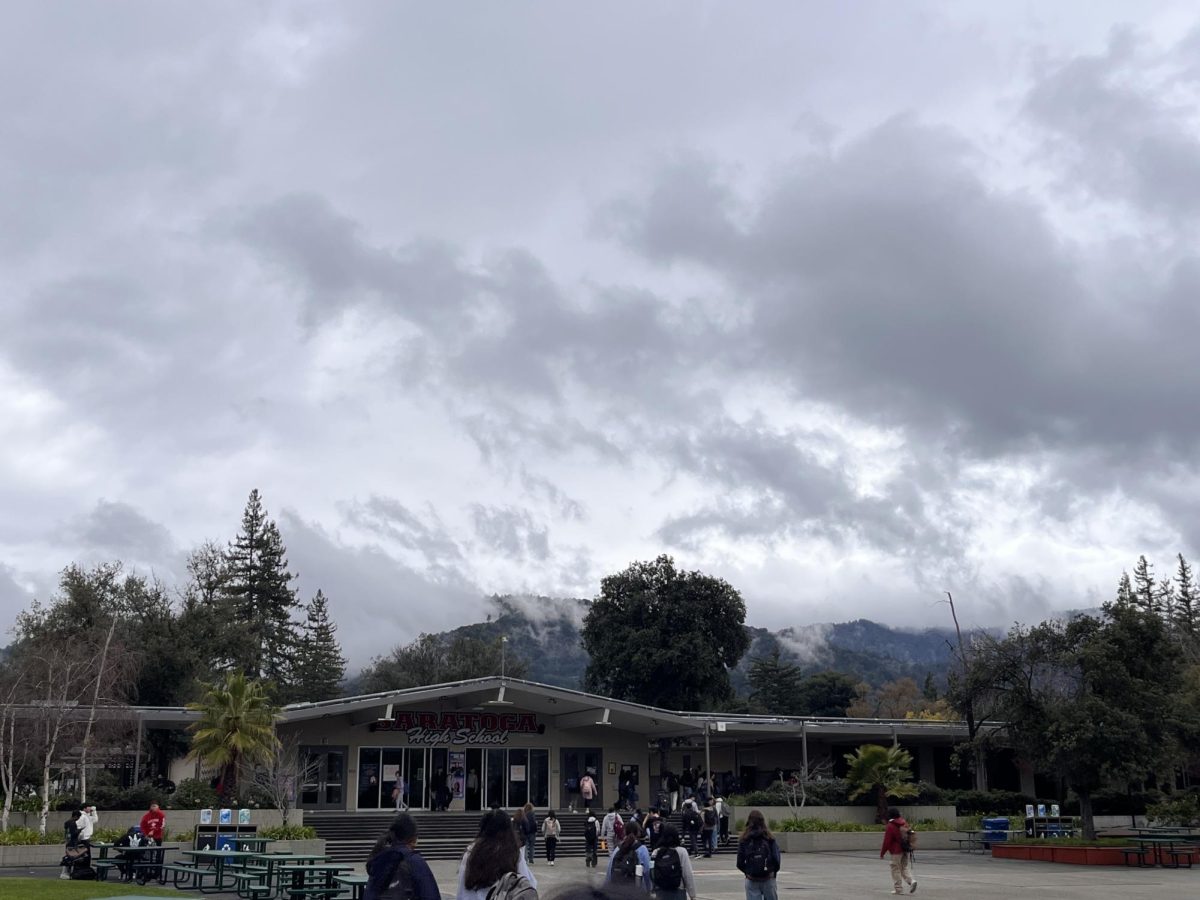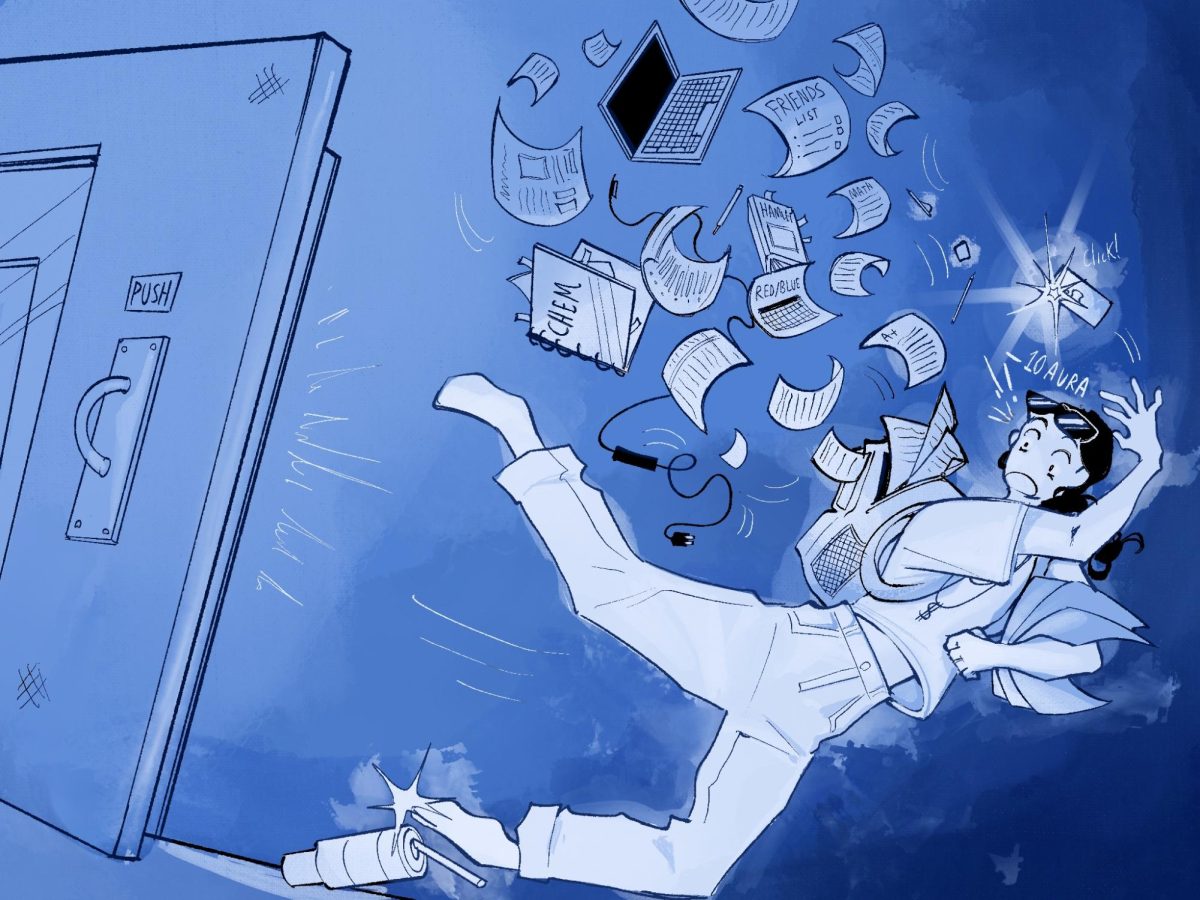In the recent election, millions of Californians voted not only for Sen. John McCain or Barack Obama, but also for the many state government propositions. At the top of the list was Proposition 1A, an act that would build a gargantuan railway system throughout California. The goal of the super-railway was to provide means for more efficient transportation in the state and to bolster the failing economy by creating new jobs. When the votes were tallied at the end of the day, Proposition 1A passed, ushering in a new era of improved public transportation.
The high-speed train has several enticing features, among which are the capacity to carry 117 million passengers annually and to drastically reduce traveling time and fuel usage. It’s the American version of the Japanese bullet train. Through the reduction of traffic on intercity highways and around airports, the high-speed train will aid the current transportation infrastructure by providing for more efficient means of traveling in these areas.
Many opponents of this proposition believed that California cannot afford to build the railroad system with its $11 billion debt. Such an undertaking, they said, would drive our economy into depression. Those citizens, however, failed to realize that our current transportation system costs us $20 billion every year due to wasted gas and lost time during congestion. In an economy that is deep in recession, $20 billion every year is something we cannot afford.
The train system is so far the cheapest and most environmentally safe method of responding to the problem of congestion. According to the California High-Speed Rail Authority, California would have to build nearly 3,000 lane-miles of freeway, five airport runways and 90 departure gates by 2020 in order to serve the same number of travelers as the train system, a feat that would cost over twice as much as the rail system and would have much greater negative environmental impacts. Moreover, the train system would provide for cheaper passenger costs than travel by air or automobile today. With speeds of up to 200 mph, the train will pave way for a cheap, efficient and environmentally stable means of high-speed transportation.
The rail system would also provide a stimulus for our failing economy, creating 160,000 construction-related jobs and another 450,000 permanent jobs by 2035, bringing our current unemployment rate of 7.7 percent down to about 6 percent. Material transportation costs will also be lowered, as the train can be used to transport lightweight freight.
Despite opposition to Proposition 1A, the long-term benefits of the train system far outweigh the temporary dent it would make in the budget. Right now, many people are talking about hoarding their money until the United States becomes more financially stable, but the economy as it stands needs money pumped in for it to prosper once more. People need to accept the fact that they need to spend money in order to gain money. To those who voted yes on Proposition 1A: congratulations on making the right choice.

























